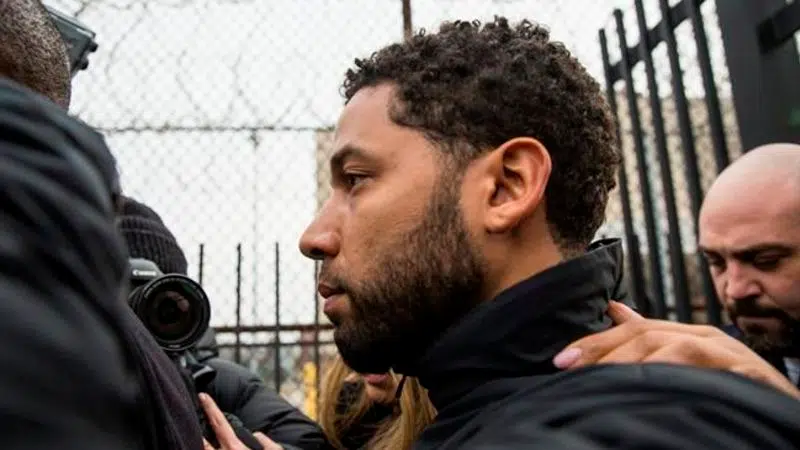
Celebrities, athletes, others accused of lying to the public
CHICAGO — Actor Jussie Smollett is accused of staging a racist, anti-gay attack on himself in Chicago in January in a celebrity scandal that has captured attention online and in the media. Smollett is not the first celebrity to be accused of lying to the public. But he faces a felony charge for allegedly filing a false police report.
A look at some of the other scandals involving celebrities, athletes and others:
Feb. 10, 2015, Brian Williams:


